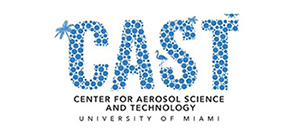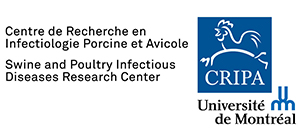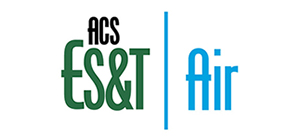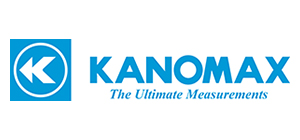EPSRC Centre for Doctoral Training in Aerosol Science
What is the EPSRC Centre for Doctoral Training in Aerosol Science?

A wide range of training resources covering core topics in aerosol science has been developed by the Engineering and Physical Sciences Research Council (EPSRC) Center for Doctoral Training (CDT) in Aerosol Science. The CDT is led by academics at the University of Bristol, UK. CDT academics deliver training for a new cohort of PhD students each year arriving from all parts of the world and undertaking doctoral research in all areas of aerosol science, including drug delivery to the lungs, material science, disease transmission, environmental science and metrology.
Who funds it?
The Engineering and Physical Sciences Research Council is a UK Research Council that provides government funding for grants to undertake research and postgraduate degrees in engineering and the physical sciences, mainly to universities in the United Kingdom.
Which UK universities are involved in the CDT?
The CDT is a collaboration between over 80 academics across 7 Universities who supervise PhD cohorts and who developed and deliver the training elements. The universities involved are: University of Bristol, University of Cambridge, University of Manchester, University of Leeds, University of Hertfordshire, University of Bath and Imperial College London. The CDT brings together leading academic teams across a range of schools and faculties at these 7 UK universities with industrial and public-sector partners in the areas of healthcare, material science, energy and transport, environment, consumer products and agrochemicals.
What resources are available and how are they organised?
The materials provide training in the underlying physical science governing the properties and transformation of aerosols and are currently accessed by a large number of industrial partners and students from around the world. In particular, the CDT have made available to AAAR members the pre-class materials accessible to all CDT students, comprising over 50 hours of mini lectures, extensive multiple choice problem sets to test learning, and detailed reading lists. Online resources cover 16 topics which are listed at the following webpage: https://www.aerosol-cdt.ac.uk/training/.
Core Aerosol Science (CAS) Topics:
| Identifier | Core Aerosol Science Course Title |
| CAS 1.1 | Size distributions, shape and concentrations |
| CAS 1.2 | Aerosol mechanics |
| CAS 1.3 | Deposition, filtration and sampling |
| CAS 1.4 | Nucleation and new particle formation |
| CAS 1.5 | Electrical Properties |
| CAS 1.6 | Aerosol phase and thermodynamics |
| CAS 1.7 | Optical properties |
| CAS 1.8 | Analysis: Size, concentration, shape and mass |
| CAS 2.1 | Particle coalescence and adhesion |
| CAS 2.2 | Aerosol evaporation and condensation |
| CAS 2.3 | Inhaled aerosols and health |
| CAS 2.4 | Particle sources and materials synthesis |
| CAS 2.5 | Analysis: Composition, phase and volatility |
| CAS 2.6 | Introduction to biological aerosol |
| CAS 2.7 | Heterogeneous chemical reactions |
| CAS 2.8 | Collective motion and transport of aerosols |
How can I access these materials?
These materials are available by accessing the CDT e-portal. Please find an introduction to the e-portal and how to use the resources by watching this video: https://youtu.be/2pDtZ5uNrJI
How do I gain access to the e-portal?
To access the e-portal, you will need to register/subscribe with/to AAAR/CDT. A link to registration through AAAR is provided here. This registration is available to academics so please use your .edu email address. Once you register and pay on the AAAR site, your information will be forwarded to the CDT administrator and you can expect registration information within 10 business days. Please look for an email from aerosol-science@bristol.ac.uk.
Your feedback is important to us!
If you use these resources, please fill out the following survey about the accessibility of the portal and materials. The survey should take less than 5 minutes.




















